Tuesday November 15 2022
A short time ago I argued that: ‘If Boris goes Brexit goes’. Johnson was not alone in souring our relationship with Europe. The Atlanticist prejudices of Rupert Murdoch and Conrad Black using a power over our media that would never be granted to foreigners in other countries, the populism of Nigel Farage and Paul Dacre’s nationalistic editorship of the Daily Mail all contributed to the propagandist exploitation of the consequences that followed from the implementation of the EU single market.
The harmonisation of the rules and regulations that governed the European economies was one of Margaret Thatcher’s greatest achievements. To introduce one European regulation in place of 28 involved a constant flow of forms. The blame game began. Boris Johnson led the charge to Get Brexit Done.
Well, not quite. Brexit was never going to get done. Brexit was based on an undeliverable set of promises:
Get our country back
New trade deals
Bonfire of controls
End of wealth destroying regulations
Immigration controls
No border in Ireland
That was 2016.
Four Prime Ministers, four Trade Secretaries, five Foreign Secretaries, six Chancellors, six Chief Brexit negotiators and an oven-ready Brexit later, we can see the worthlessness of those promises. I must be fair. The impact of Covid and Ukraine has seriously prejudiced our living standards and those of the Western World. We hope that the worst of Covid is behind us.
The vaccine developed under the regulatory discipline of the European Medicines Agency was the first to achieve clinical approval. The agency which provided hundreds of jobs in London has now been transferred to Amsterdam because of Brexit Ukraine enjoys the support of the Western World, and to its credit we all appear ready to pay a high price for it.
However damaging to us now, the effect of covid and the Russian invasion of Ukraine may be relatively short term. Brexit is not. It represents a permanent fracture of our relationship with our closest neighbours and our largest market.
It has led to queues in the hospitals and G.P.s waiting rooms, disruption to supply lines, increased prices and interest rates. It reduces our attraction as a gateway to one of the world’s largest markets and diminishes our ability to influence European decisions over great global challenges.
I followed every Conservative Prime Minister from Winston Churchill up to and including Theresa May in their support for our membership of Europe. You would expect me to be critical of Brexit but I am not alone. Recently the Daily Telegraph put the past six years into context. Under the headline “After six wasted years”.
Alistair Heath summarised the situation as follows:-
“It has been clear for years that our putrefying economy is in desperate need of shock therapy. Yet instead of addressing its many horrific pathologies, our ruling class, well served by the status quo, has stubbornly blocked radical surgery. The result has been catastrophic: Poland and Slovenia are catching up with us in terms of middle-class lifestyles, and our desperate young can’t afford to buy a home.
I quoted the first four words of the headline. Let me quote the whole headline. After six wasted years Truss is about to deliver a Brexit that actually works. The consequence of Liz Truss' seven weeks in office has an eloquence
beyond the finest oratory. Let me set out the reality of Brexit.
One pound sterling was worth 1.48 US dollars on 23 June 2016, the day of the referendum. The following day that value plummeted to 1.36 dollars. Yesterday a pound was buying 1.18 dollars. That amounts to a loss of over 20% of the pound’s value against the dollar since 2016. The pound has also lost over 12% of its value against the euro, falling from an exchange rate of over 1.30 before the referendum to 1.14 yesterday.
The London School of Economics has estimated that Brexit alone – before the effects of the pandemic and the war in Ukraine are accounted for - is responsible for a 6% rise in food prices. Put starkly, Brexit means that more people are unable to pay their mortgage or rent, are having to turn to food banks, or are unable to heat their homes.
The Resolution Foundation estimates that average real pay per UK worker will, by the end of the decade, be £470 lower each year - that’s a thousand pounds for an average couple. Normally, lower exchange rates have an important silver lining in that they make UK exports more affordable and increase their volume. But the signs are that – due to Brexit-induced trade barriers and red tape - this did not happen. Post-Brexit.
UK exports to the EU fell by 14% in 2021. The Centre for European Reform, has estimated that Brexit had, by the end of 2021, reduced trade in goods between the UK and the EU by 13.6% and left UK GDP 5.2% lower than it would have been had the UK stayed in the EU single market. The CER puts the Brexit hit to overall investment in the UK economy at 13.6%.
The Office for Budget Responsibility concluded that consequent upon the new trading relationship as set out in the Trade and Cooperation Agreement that came into effect on January 1 2021 British imports and exports would eventually be reduced by 15%. They further concluded that new trade deals with non-EU countries will not have a material impact on GDP. Little surprise that the Truss government did not consult them about the consequences of their budget.
I doubt if the government were consulted about the decision to build a new model of the Land Rover Defender in Slovakia. The queues in the Health service are of alarming proportions. The European doctors and nurses have gone home. The government is left trawling developing countries to replace them.
No one explained that a consequence of Brexit would be that our country - one of the world’s richest - would have to attract specialists trained by some of the world’s poorest.
The OECD in June of this year predicted that in 2023 the UK economic growth at nil would be the slowest in the G20 above only Russia. Three months later the dire energy crisis in Germany had a similar effect there. The three major credit rating agencies . crucial to UK’s borrowing costs - Moody’s, Fitch and S&P have this year all downgraded the outlook for the UK from stable to negative.
These are the judgements of independent organisations and markets and stand in stark contrast to the propaganda of Brexiteers. It was all too easy to promise a bonfire of red tape and demonise Brussels bureaucrats in a cynical exploitation of people’s anxieties and frustrations.
Only yesterday in the Times, Mark Littlewood, Director General of the Institute of Economic Affairs, a pro Brexit think tank, wrote ‘Nowhere has the failure been so stark as in the strange story of the almost complete absence of a so-called Brexit dividend.’
The simple truth is that six years on, the only significant example of that bonfire has been to allow unlimited bankers’ bonuses. Regulation is the difference between civilisation and the jungle. We can all enthuse at David Attenborough’s brilliant depiction of life red in tooth and claw where the only law is survival of the fittest.
Regulations are the codes and standards that hold modern societies together. That is why whenever the government has sought to dilute or lower the standards they uphold, civilised bodies like The National Trust, The Wildlife Trust and the Royal Society for the Protection of Birds protest at the legislative processes involved.
The Brexiteers told us new deals with faster growing markets would more than compensate for lost European trade. Six years’ later all but three of those new deals merely replicate those already negotiated by the EU. A deal with the United States has been scuppered by the government’s attempt to unilaterally override the Northern Ireland protocol.
India wants us to reverse our immigration controls as the price of a deal. There are new deals with Australia and New Zealand. The consequences for our farmers are so adverse that even a minister who helped negotiate it says the Australian deal is not good for the UK.
No wonder full implementation is delayed until the late 2030s! I am helped once again by the Sunday Telegraph - Jeremy Warner on October 30th. wrote “Brexit is irreversible, but we must strengthen economic ties with the EU”. I disagree with his irreversible gambit. Public opinion has already moved.
In October an IPSOS MORI Poll reported that 51% of the people thought that Brexit had damaged the economy whilst only 22% thought the opposite. Listen, however, to what Warner says about Brexit. He refers to Rishi Sunak’s commitment to building an economy that embraces the opportunities of Brexit.
He needs to get a move on and indeed articulate precisely what those opportunities are - for six years after Britain voted to leave the European Union all we’ve got to show for it so far is political, economic and financial chaos. From an economic perspective there has been zero payback and particularly in the area of international trade and reputation, considerable harm.
I do not accept that Brexit is irreversible.
The timescale may be unpredictable. The purpose is not.
We must start by rebuilding bridges.
We need a practical compromise over the Irish border that would restore devolved government.
We need to end the isolation of our scientists and researchers by rejoining the Horizon Europe research and innovation programme.
We should restore the right for our young people to participate in projects abroad under the EU’s Erasmus Plus programme.
In place of a Department for Exiting the EU we need a Minister with responsibility for Enhancing Relationships with the EU. That rescue operation could start with a veterinary agreement to reduce checks on food products entering the single market which would contribute to reducing tensions in Northern Ireland.
We should attack the restrictions on musicians and other UK service providers to work for short periods in the EU Each of the steps I have set out is realistic. Every step draws our self interests closer together.
The EU is still there, next door, with its market of 450 million people. We thrive only by working closely together. The question remains how to improve the governance of this country. Brexiteers said that Europe would disintegrate into its original nations.
The Euro was seen as the harbinger of civil war. The question today is whether the UK itself can survive. Sinn Fein is now the largest party in the Northern Ireland Assembly. The Scots Nats use identical arguments to break up the United Kingdom that underlie the Brexit case.
We need radical change in the way we govern this country. Devolution must be based on a meaningful partnership between London and the rest of England. It calls for a practical sharing of power between Edinburgh and Cardiff and the very different parts of Scotland and Wales. I want to set out what I mean. We must end the misrepresentation of the roles of public and private sector.
They are interrelated and of crucial support to each other. Some essential services such as education and health are provided by both. Some publicly financed programmes, such as Research grants, lead directly to job creation .Many quangos such as the Arts Council, or the Lottery, are critical to the success of our cultural activities and prowess on the sports field.
We need to recognise the Civil Service for the hard working, dedicated incorruptible machinery of government that it is. The widespread appointment of political advisers has contributed to public cynicism. Special advisers should bring expertise to public life not party politics. My relationship with this City was, without doubt, the most rewarding political experience of my life.
It taught me that we are overcentralised and that the baronies of Whitehall are specialist in their responsibilities with inadequate coordination. My time here opened my eyes to the local consequences. On the backbenches after 1986 I gained a fuller understanding of other countries’ more effective models.
In 1968 the Redcliffe-Maud report on the structure of local government in England looked at the 1300 local authorities that had been created when the only means of travel was by foot or horse. His report recommended their replacement by sixty-two Unitary Authorities.
It was the right judgement except in the eyes of all those with a stake in the status quo. Peter Walker - I was his deputy - steered an uneasy compromise through the Conservative government to reduce it to some 300 authorities.
The Greater London Authority and City Councils presided over London and Metropolitan boroughs with a two tier structure, based on counties and districts, elsewhere. This was the ground over which, as SoS for the Department of Environment, I led the Conservatives in the municipal elections of 1978. Labour was in trouble in the Winter of Discontent.
Operation Cleansweep was intended to drive them from power. Only Durham resisted our advance. I am not proud of my decisions about the local government restructuring when I was first responsible after 1979.
They are defensible only against the background of the divisive climate of the time. I got rid of the Greater London authority and the Metro counties that I had, only ten years earlier,
helped to create.
I am however proud of the serendipitous collection of decisions related to Liverpool.
I agreed to continue the special partnership that my predecessor, Peter Shore, formed with the City.
I selected the banks of the Mersey for the site for an Urban Development Corporation.
I awarded Liverpool the first Garden Festival, to reclaim toxic land and turn it into attractive development opportunities.
Peter Walker had created a derelict land grant mechanism a decade earlier to eradicate the coal tips and ore extraction blemishes scattered over the countryside. The task largely completed, I used the grant to reclaim toxic urban sites for construction. Significantly I made the grant conditional on private sector partners developing the site.
Every pound of public money attracted private money.
The concept of gearing entered the political vocabulary. Human relationships evolved In place of the dialogue of the deaf from opposing mountain tops. Business people and officials became partners, enjoyed a drink together, developed friendships.
I listed the Albert Dock, an iconic part of Liverpool heritage that was thus saved from demolition. In 1981 several of our inner cities witnessed serious riots. Amongst the worst were here in Toxteth.
The maintenance of law and order is a fundamental of any Conservative conviction. I backed the police as they restored it. I felt, however, a personal responsibility. The riots happened on my watch. I thought I had begun a serious attempt to bring a new optimism to Liverpool.
I sought the Prime Minister’s agreement, instantly given, to leave the departmental routine to my very able colleagues Tom King and John Stanley whilst I was here. I held extensive meetings, talked to anyone with something to say, walked the streets, listened, and considered. My relationship with the city lasted until the end of 1982. It can be divided into three distinct phases.
For three days I listened. People were courteous but sceptical. You only came because of the riot. That was self-evidently true and I chose it as the title for my subsequent report to the Cabinet. There was one other clear impression.
Everyone had their idea of who was responsible for the riots. It was always someone else. Liverpool The ability to fund and make decisions lay in London and even there, there was no coordination of responsibility. There was no powerful local leadership.
The mood changed around day four. People began to ask "What are you going to do?” There was only one credible answer to that question however much it made a mockery of the concept of non-intervention associated with Mrs Thatcher’s government.
I spent the next couple of weeks preparing a list of ideas that, with the right determination, resource, and above all, local support could demonstrate a more optimistic destiny.
The third phase lasted eighteen months. The list was one thing but who could turn it into action. I am a practical man. Show me a problem. Show me the person in charge. No one was in charge. The answer was to turn a centralist, London based approach on its head.
I created a task force drawn locally from the public and private sector. Every Thursday the team would report progress. Every Friday I troubleshot the obstacles. We learned how to regenerate places.
We learnt that there are no short-term fixes. Creating and developing ideas, the processes of planning and consultation, land acquisition and contract negotiation have to happen before boots hit the ground. The joker in the pack, and the Treasury’s strongest card in opposing regeneration, is that it is often impossible to predict and cost its consequences.
If I had predicted Canary Wharf, Excel, City Airport in London or a major arena and conference centre, and contemporary shopping centre in Liverpool I would have been locked up.
The Development Corporation on the banks of the Mersey and its equivalent in London were my most important initiative in 1979. To understand why they succeeded it is important to look at their structure. They had a chairman, a chief executive and board-level representative of local stakeholders. They had planning powers, money to restore sites, improve infrastructure and acquire land - all essential characteristics.
They were thus able to reassure investors considering locating a new office, laboratory or factory that it was not going to be surrounded by sheds and that their staff would be safe and enjoy good communications with their workplace. Such Corporations transformed large parts of inner city Britain over the next fifty years.
Regeneration is usually led by the public sector. It has the resources to make derelict land competitive with green fields. Partnerships with Quangos, universities, government cultural and sporting programmes have endless potential to work with the private sector to create wealth.
Levelling up, however, will remain more slogan than policy until the government gives form. resource and structure to its devolution agenda. Examples from my early Liverpool experiences demonstrate the philosophy.
The preservation of the Albert Dock provided a home for the Tate of the North. The use of Derelict Land Grant persuaded Plessey and British Rail to create Wavertree Industrial Park. The Housing Corporation unlocked the development of the Anglican Cathedral Precinct. The Mersey Basin campaign was a major attack on urban pollution.
The recent decision by the Metro Mayor, Steve Rotheram to complete the job
can make Liverpool a world leader in an increasing global priority to raise the quality of urban water with huge environmental, leisure, tourist, sporting and the job creation that will flow.
In the early 1980’s Cantril Farm was the despair of Knowsley Council. The Abbey National Building Society and Barclays Bank created the now thriving Stockbridge Village Trust. The Tate and Lyle site, abandoned by the company, was transferred to English Estates. The Eldonians campaigned to renovate their area. In 1987 the project, incorporating owner occupied housing, won the Times/RIBA award as the most outstanding example of community enterprise in the UK.
A Merseyside Special Allocation fund to enable this was spread over three years and deducted from the Housing Corporation budget. Pilkingtons in St.Helens were faced with redundancies. Bill Humphries, set
up an advisory service to help those losing their jobs.
Step by step, this initiative led to the present Local Enterprise Partnerships of today. The urban fringe is often characterised by rubbish dumped by uncaring citizens. Groundwork UK was conceived in St Helens using volunteers to clean things up.. Today it is a federation of charities mobilising community action on poverty and the environment across the United Kingdom.
In 1990 I returned to the Department of the Environment for the third time. Ten years before, I had been preoccupied with the need to reclaim derelict land. The conversion of Cantril Farm into Stockbridge Village Trust gave me the confidence to tackle the human tragedy of urban slums.
City Challenge invited 30 local authorities to compete for one of only 10 packages of £35 million spread over 5 years to help them transform a slum estate. The idea of competition was highly controversial but right. The losers learnt from the winners in the second round. There were conditions.
The local Authority had to attract private or other public funds to add to the original offer. The project had to have a chief executive and a project team. Most importantly, the stakeholders, such as headteachers, social workers, the police and the tenants, had to be consulted.
One of the winning sites was here in Liverpool. I am grateful to Max Steinberg for the opportunity to study the historic documents he kept from his involvement at the time. The area covered 144 hectares within the eastern sector of the City Centre.
It links the centre with Everton, Granby/Toxteth and Cornwallis, with the campuses of the University, Polytechnic (now Liverpool John Moores University ), City Community
College and the Oxford Street, Myrtle Street and Catherine Street Hospitals.
Some 4000 people lived in the area, and there was a working population of 18,000. The project was timed for five years and in 1997 the European Institute of Urban Affairs was asked to report on the outcome. I quote its concluding paragraphs.
‘Liverpool City Challenge has exceeded its original output projects in 18 of the 19 areas of activity. There was underperformance in the number of dwellings transferred to owner occupation, due to limited progress in the Canning area.
However, we achieved:
23% more jobs were created than anticipated
282% extra business start-ups
14% more new or improved business and commercial floorspace
35% more reclaimed land
20% more apprenticeships
29% more Housing Association dwellings
105% more childcare places
The report concluded and I quote: "The achievements, whilst evidence of the success of the initiative, may also reflect the fact that targets were cautiously set initially, to make them achievable. Nevertheless, taken as a set of indicators for the performance of Liverpool City Challenge, they certainly demonstrate significant success in delivering the plan."
In Manchester, another City challenge was awarded. Richard Leese, Leader of the City Council, described Hulme City Challenge as the most important thing that has happened to Manchester over the past forty years. Virtually everything done since was with the skills, knowledge and ideas acquired through the City Challenge process.
Today it is called Levelling Up. In a sense even that slogan misleads. We are never going to create Mayfair in Middlesbrough. What we can do is to turn the vicious circle of decline, where the young leave, companies close, schools fail, and land lies deserted, into virtuous circles of hope where people stay, companies invest, and the environment attracts.
We know how to do it. The evidence is irrefutable. What is missing is a government determined to do it. After the 2010 election David Cameron invited me, together with Sir Terry Leahy, one of this City’s most distinguished citizens. to revisit my 1981 report ‘It took a riot’.
The contrast was stark. Liverpool was full of people with ideas and energy. Our task was to recommend the best and propose a framework within which to turn them into action. Our report - Rebalancing Britain: Policy or Slogan, published in October 2011 set out our recommendations.
A year later I published another report for the Prime Minister ‘No Stone Unturned in pursuit of Growth’. Uniting both these reports was the theme to give form and substance to devolution by creating powerful Mayors to lead the recovery of our cities.
George Osborne, as Chancellor, and Greg Clark, as the Minister responsible, began the first serious move in that direction after the Blair Government created a mayoralty in London in 2000. This is not a cry for increased Public Expenditure, although I believe markets would take a more benign view of borrowing if it was for investment and not consumption.
This is a cry to use existing public capital programmes to attract private expenditure. It is a policy to save public expenditure by replacing over 300 local authorities closer to the 62 designed fifty years ago. Scotland and Wales abolished District Authorities in the 1990s.
In England unitary counties Wiltshire, Dorset. Shropshire and Buckinghamshire for example, manage perfectly well without the waste, and duplication created by two tiers. We need to extend the local leadership provided by directly elected mayors.
The government should recreate the central pot of capital expenditure introduced by George Osborne and distribute long term funds, after consultation, to local partnerships depending on the quality of their plans reflecting the opportunities and problems in their very different locations.
We need to engage the remarkable reservoir of goodwill and cooperation that the Covid crisis revealed to be not far below the surface of our society.
It was a single honour for me to receive the Freedom of this City in 2012.
In looking forward then I concluded.
Liverpool is reasserting its place as a city recognised across a shrinking world as a place of culture, a font of enterprise, proud of itself, ambitious for its future.
Liverpudlians have done this.
Liverpudlians will build on this.
You must be clear.
Because you did. You can.
I would not change a word of it.

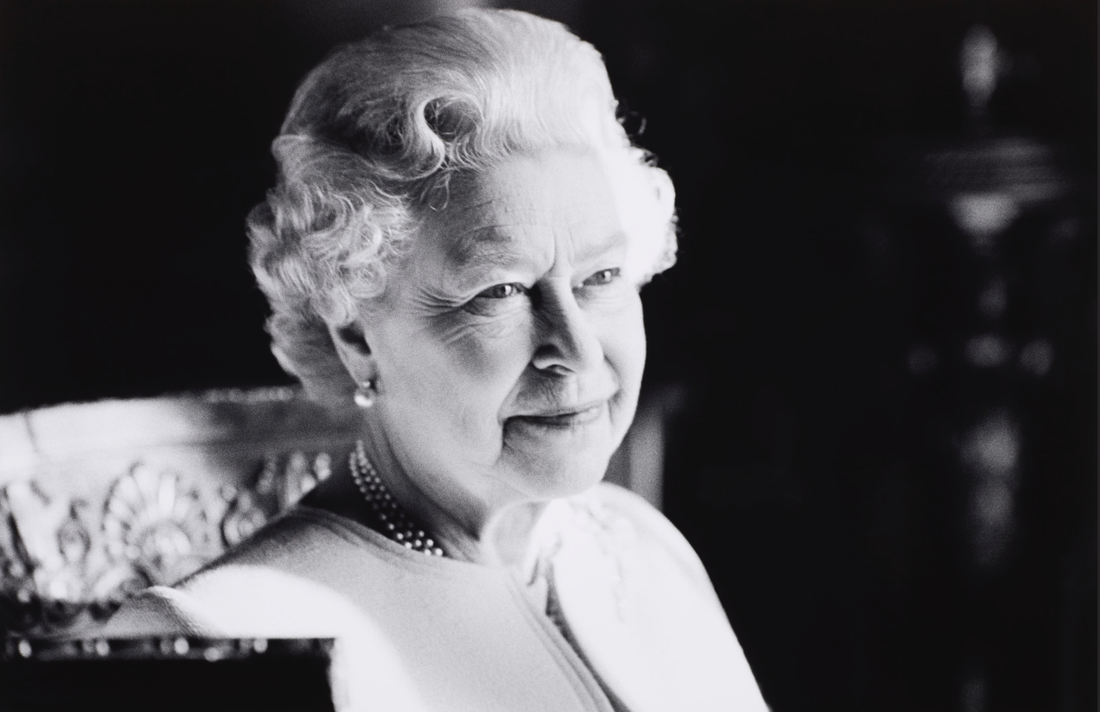
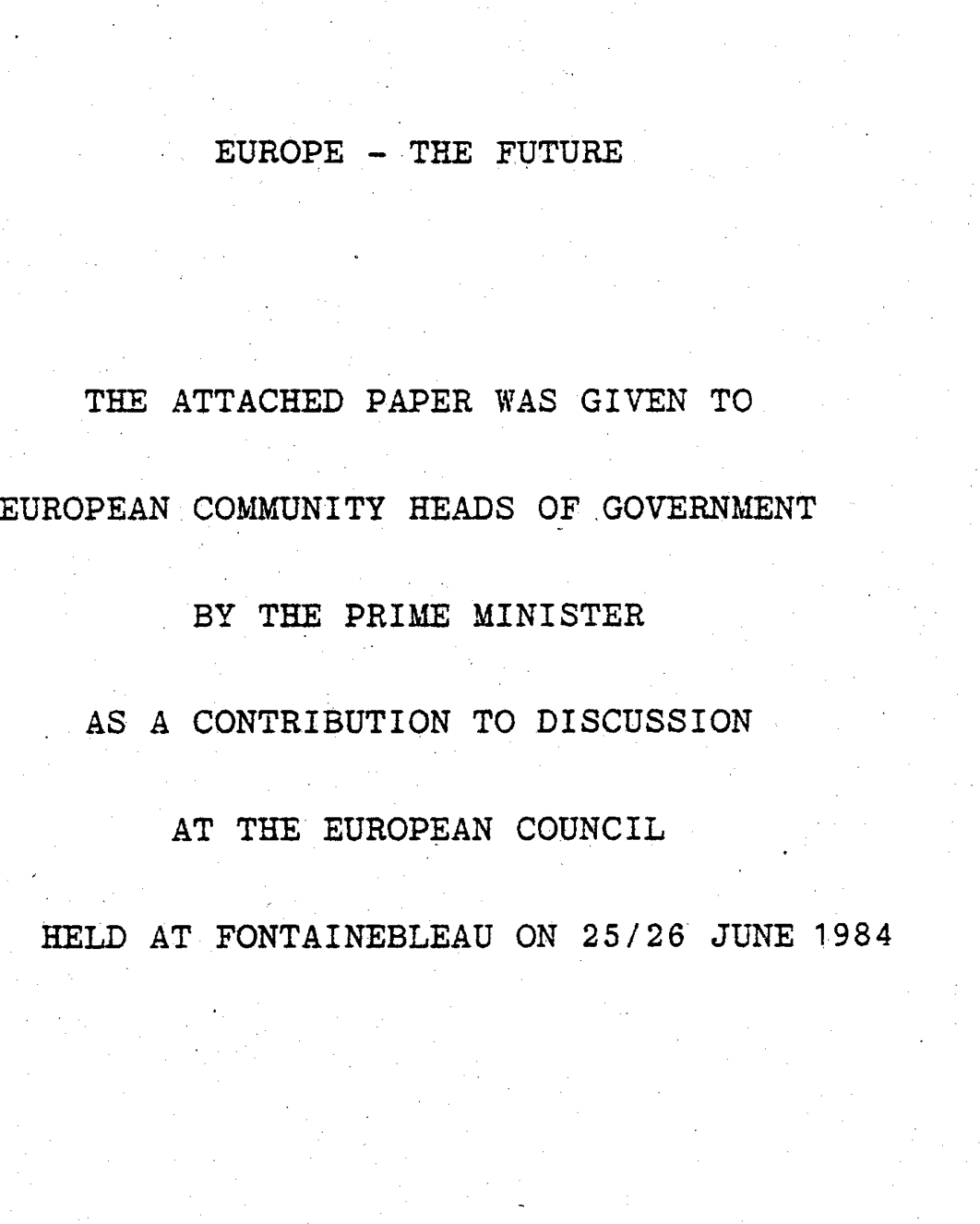
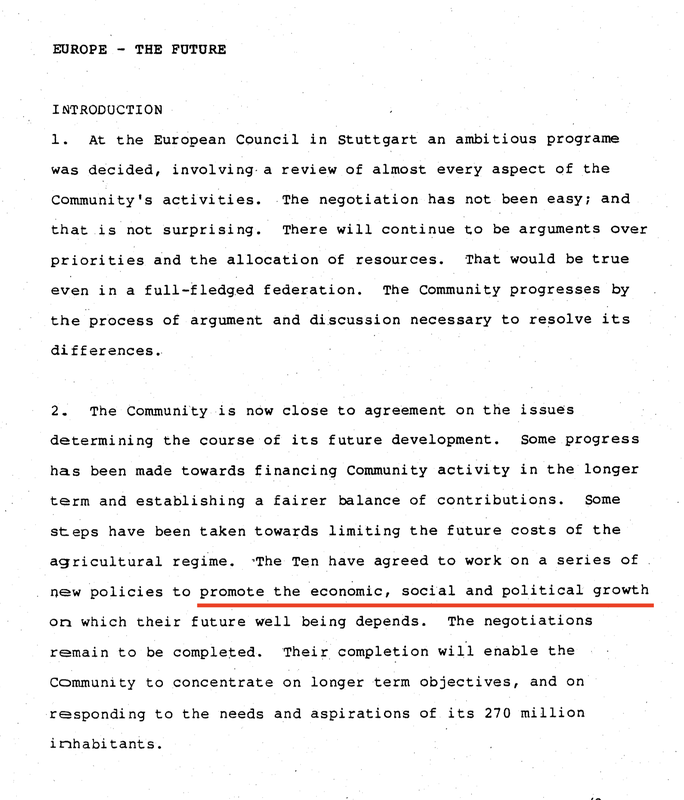
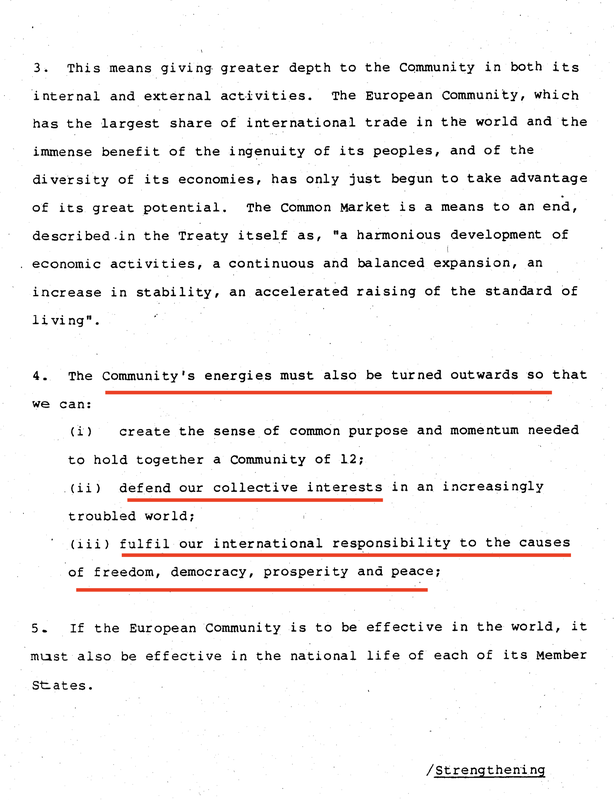
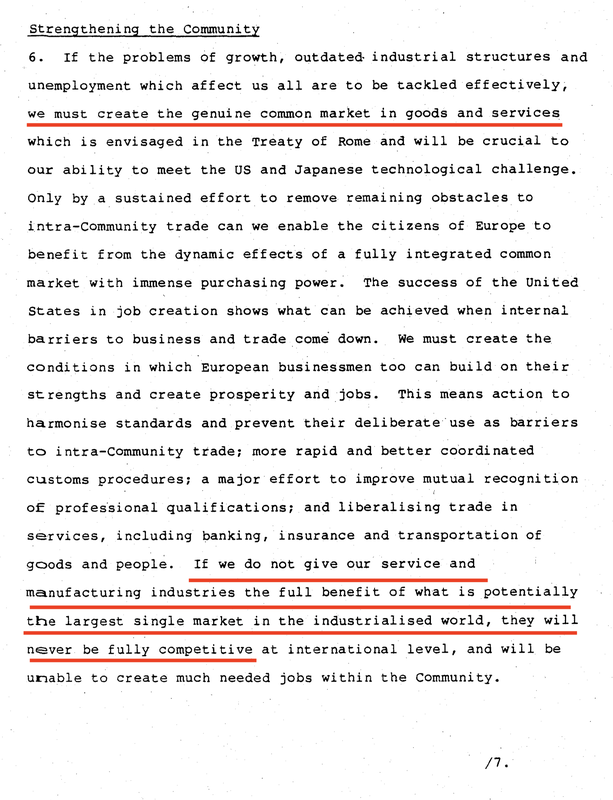
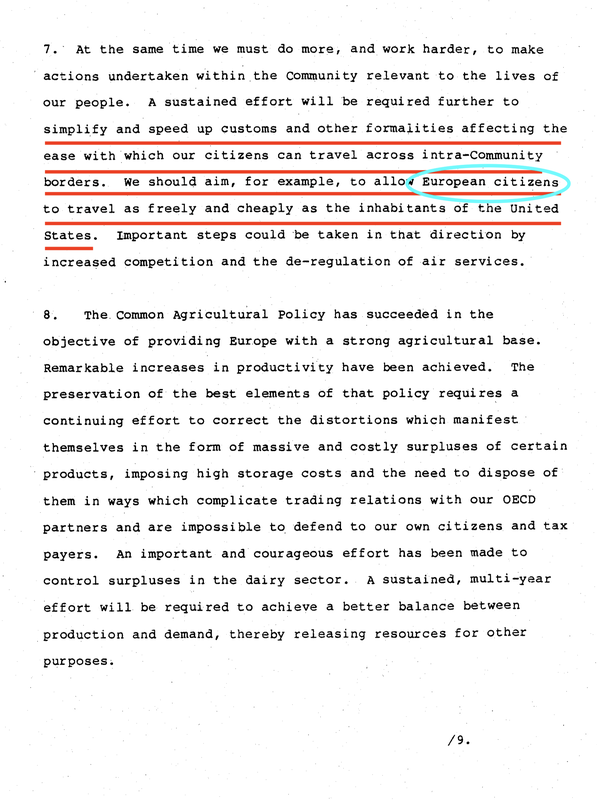
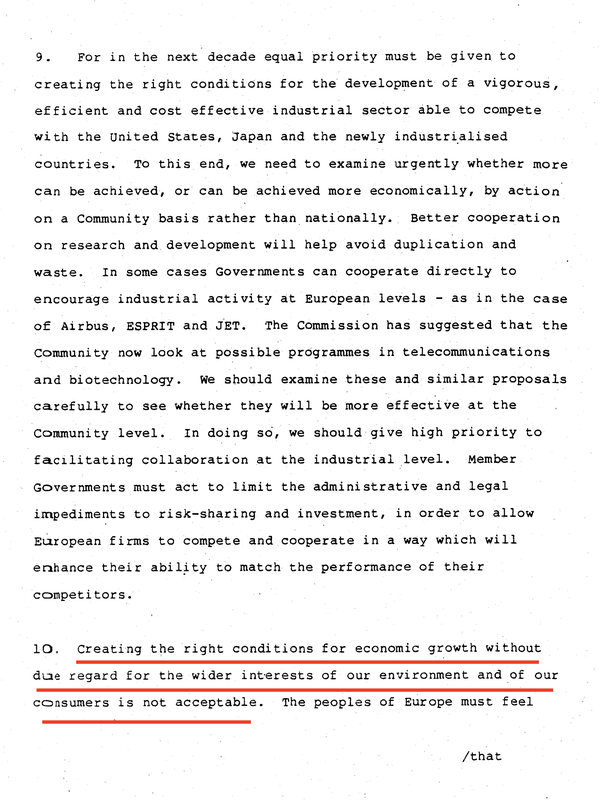
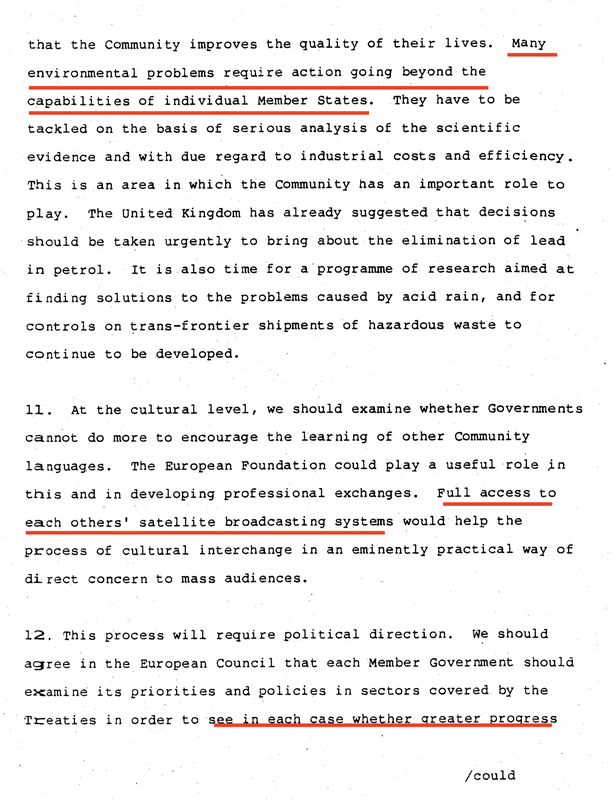
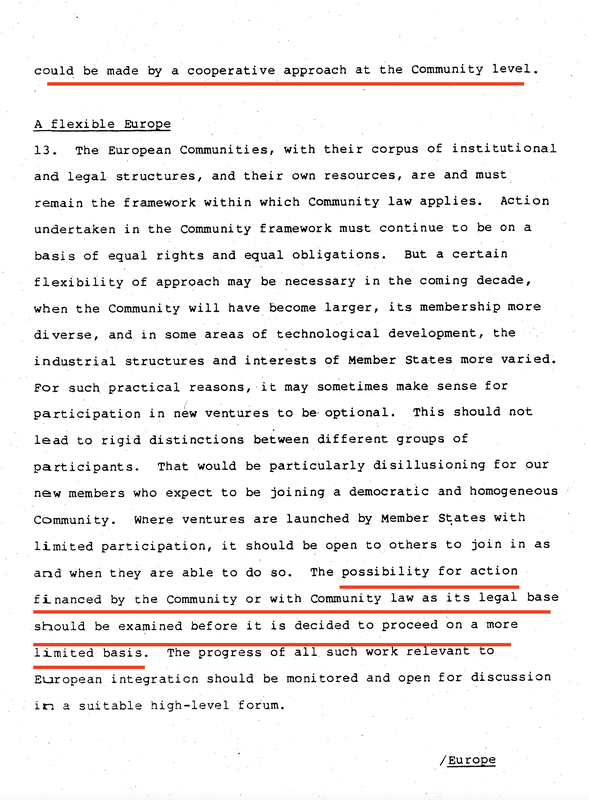
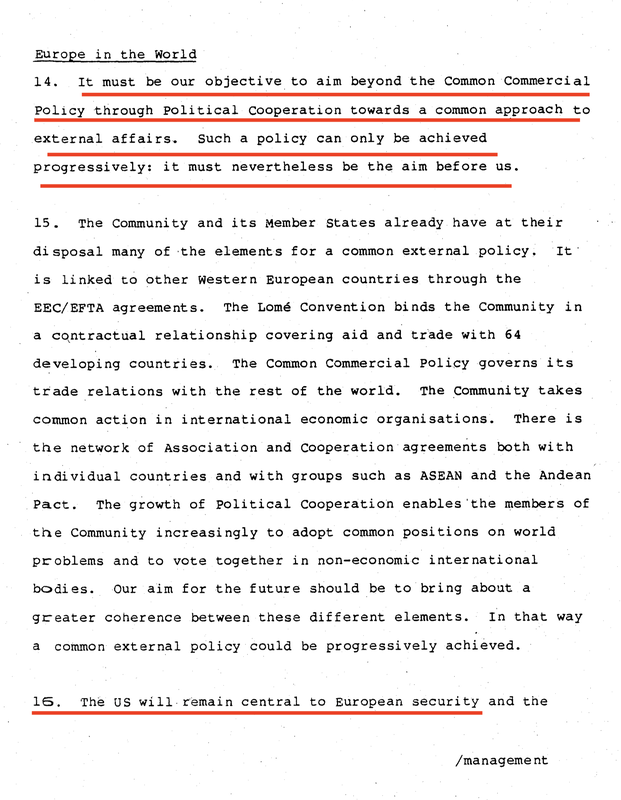
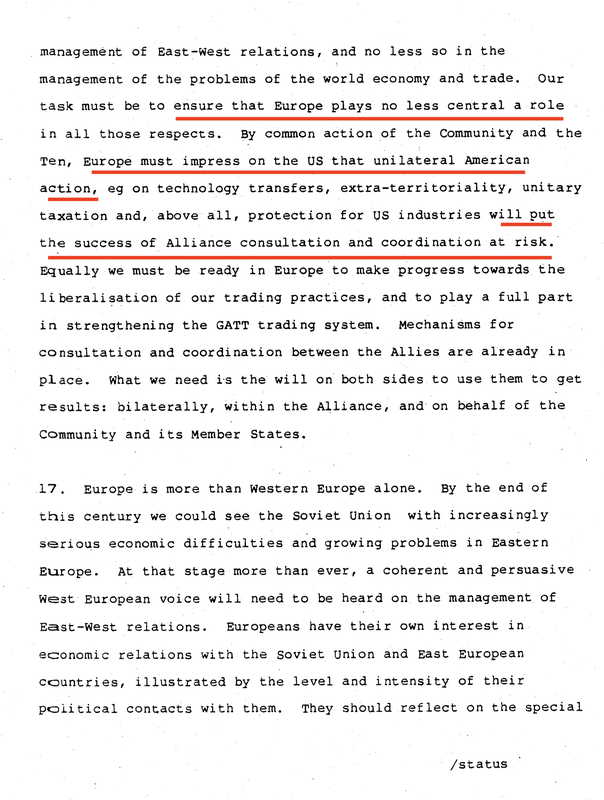
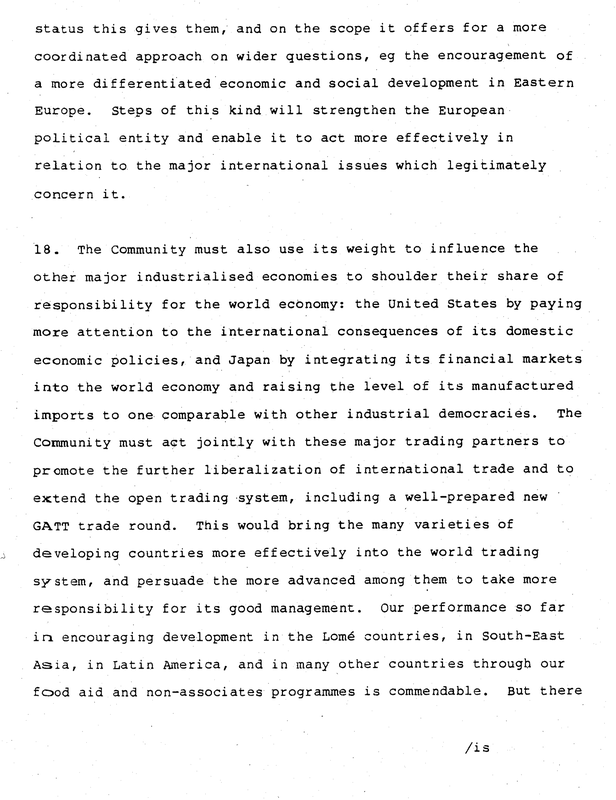
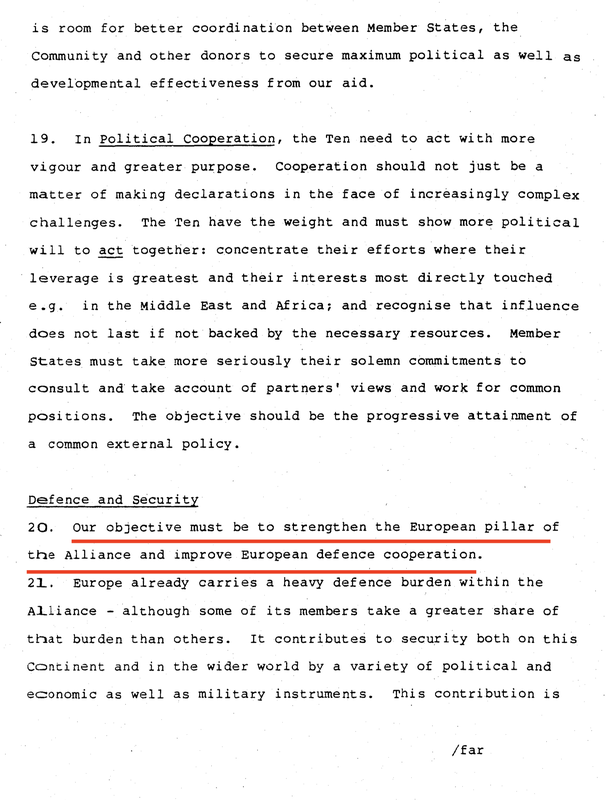
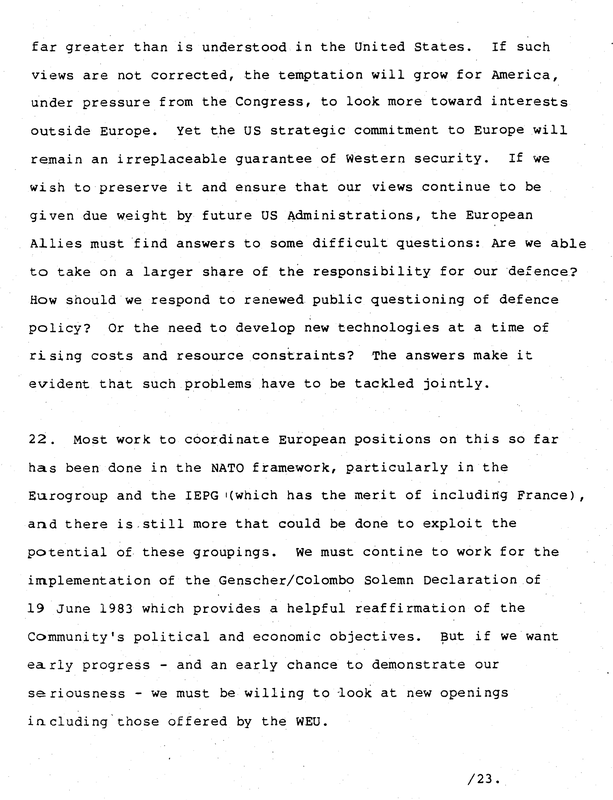
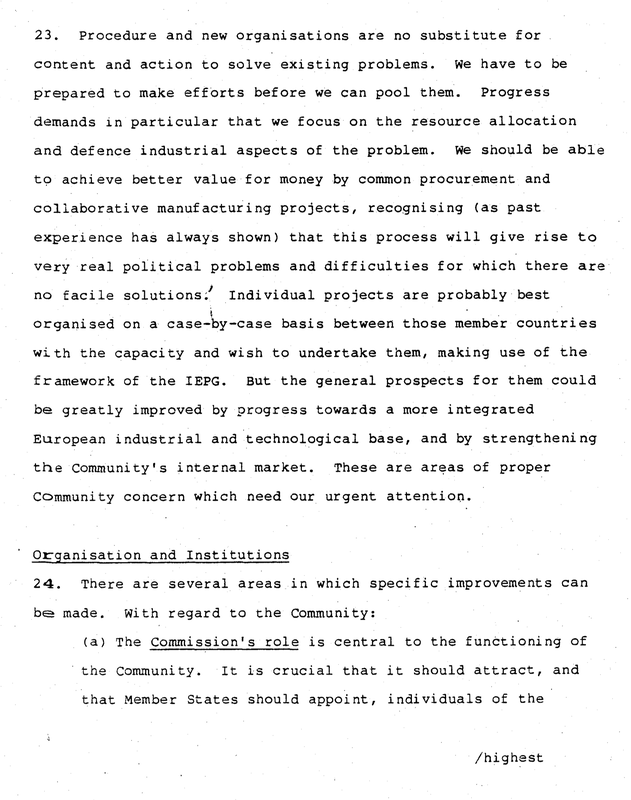
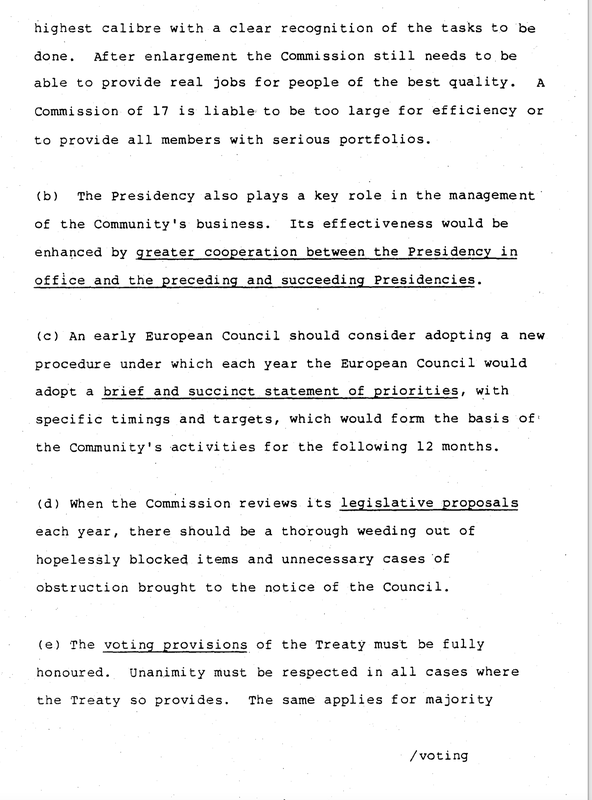
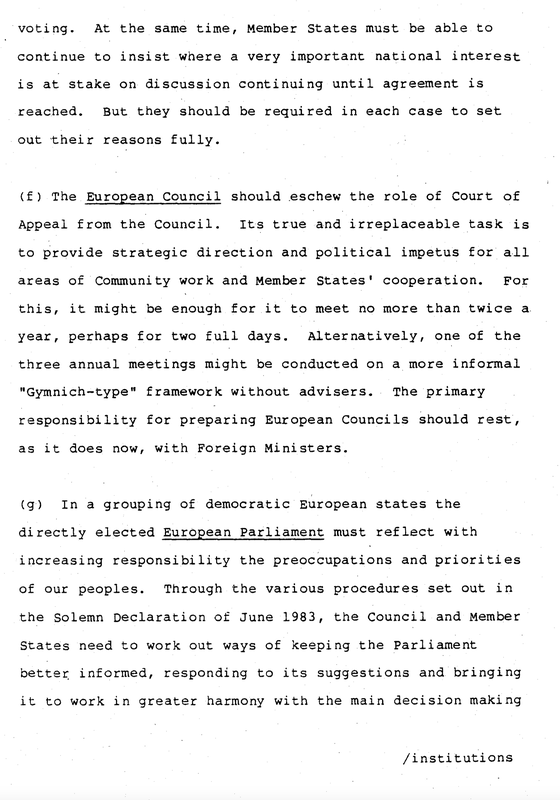
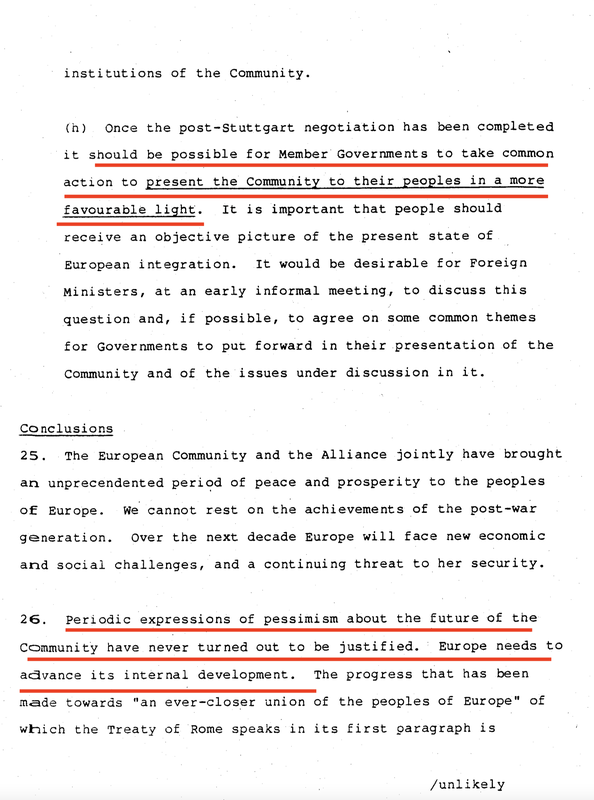
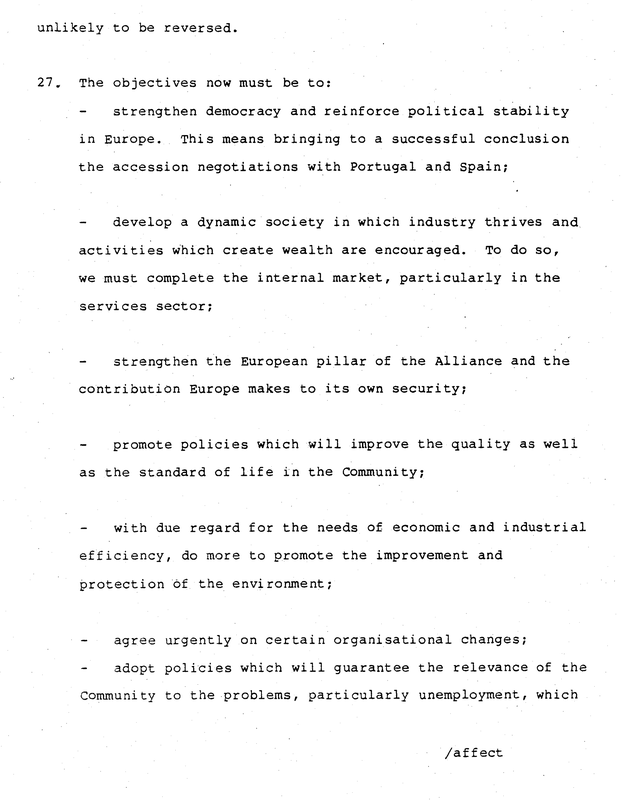
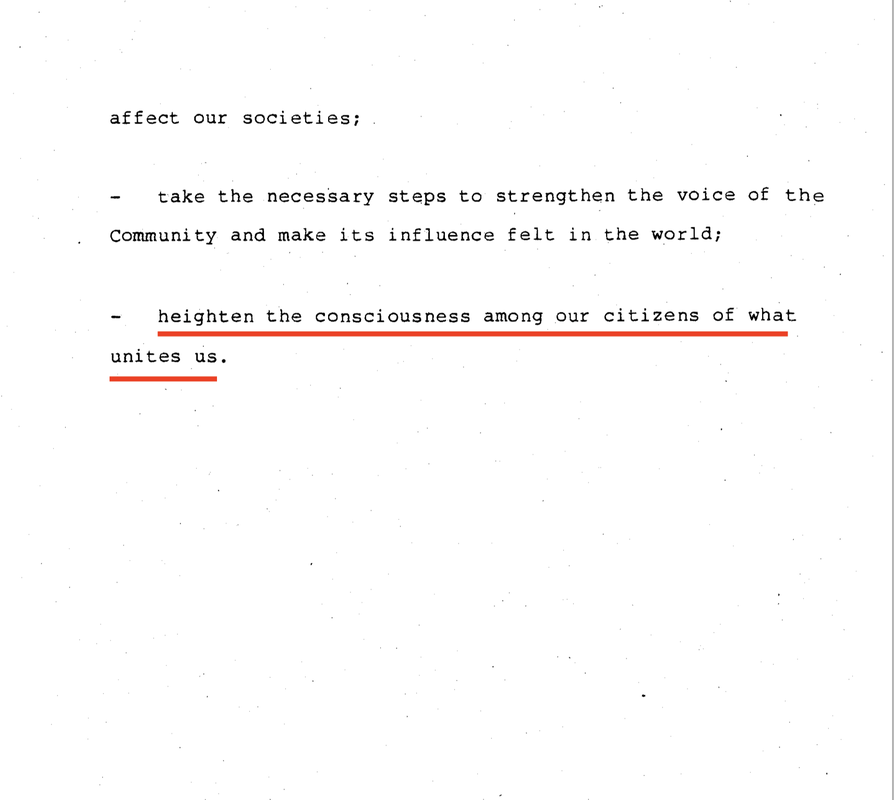
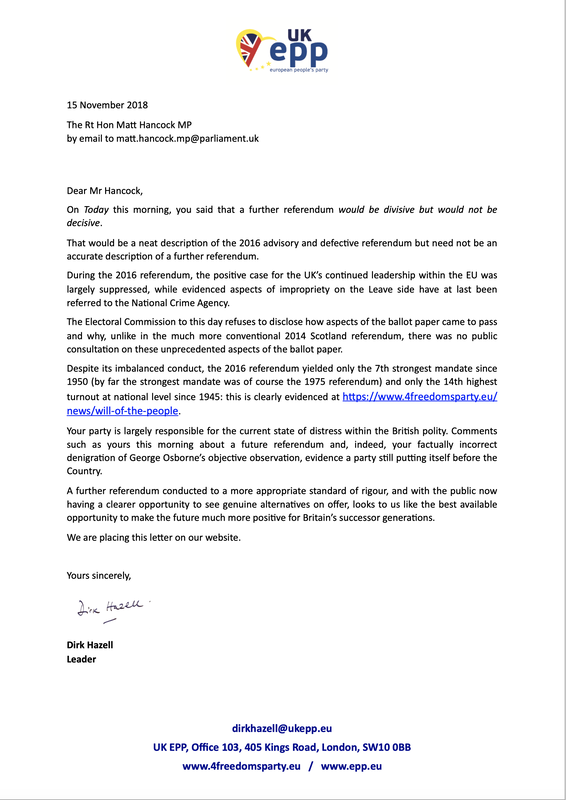
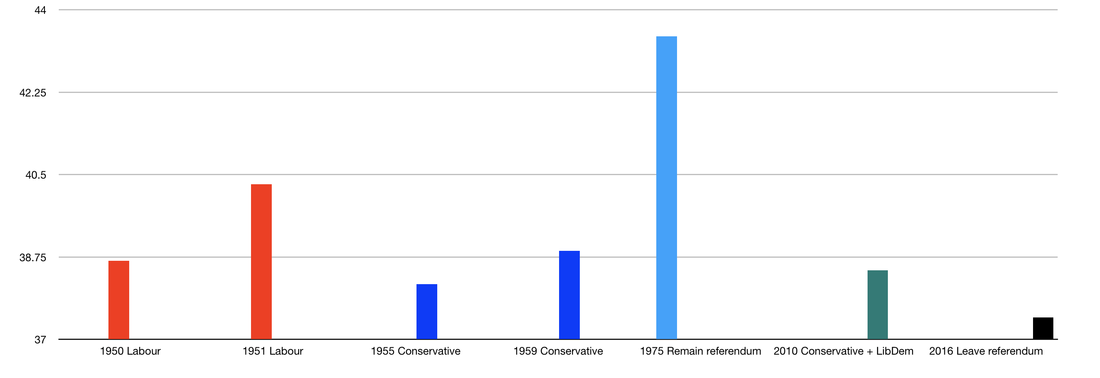

 RSS Feed
RSS Feed